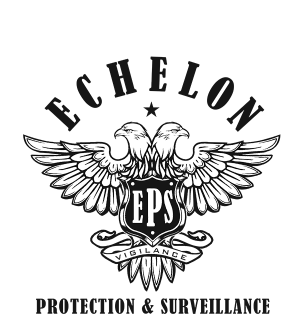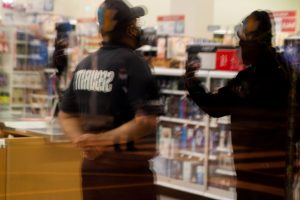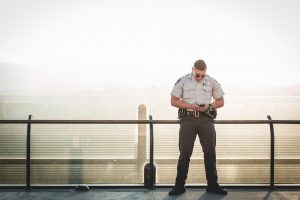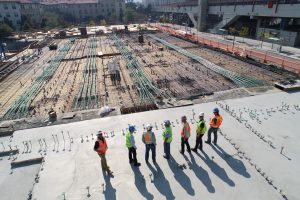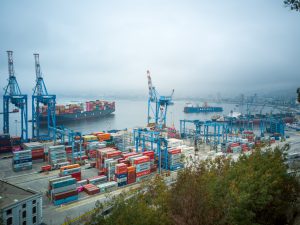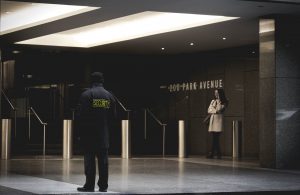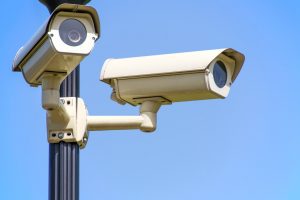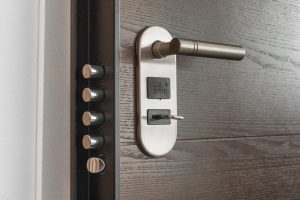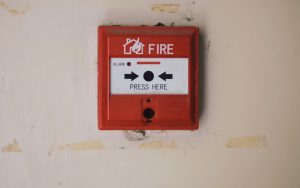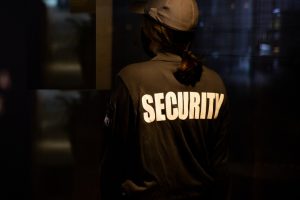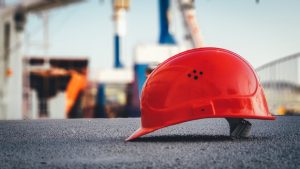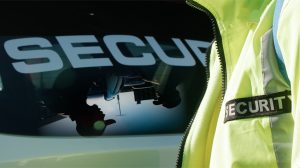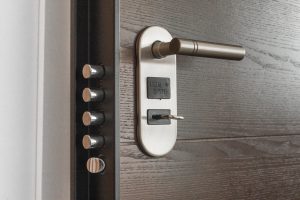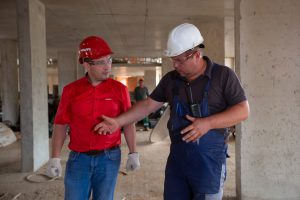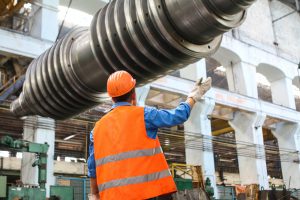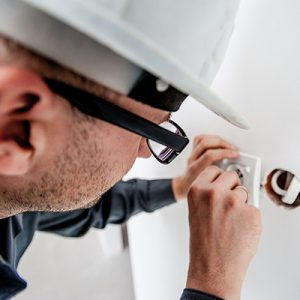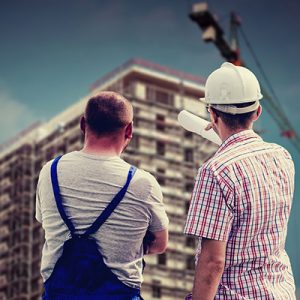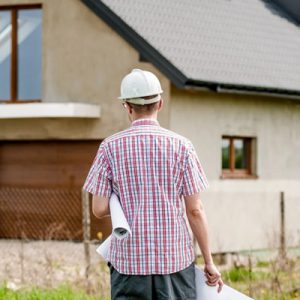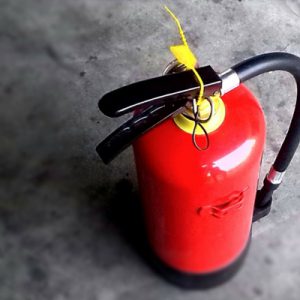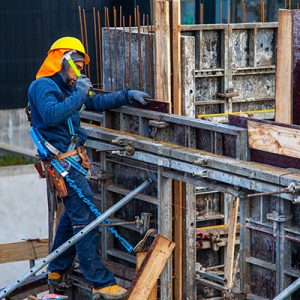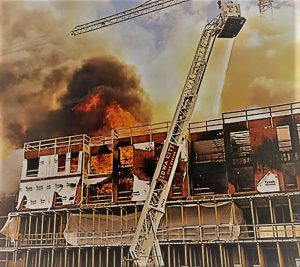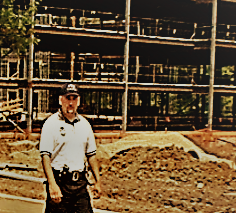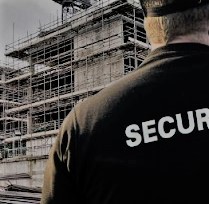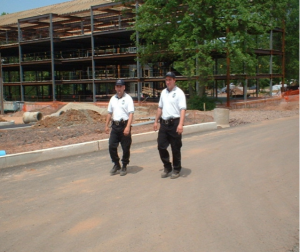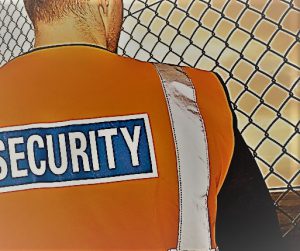 Dealing with homeless individuals on private property can be a challenging task for security personnel. The situation is often complicated by legal issues surrounding trespassing, as well as the complex social and economic factors contributing to homelessness. In order to provide effective security services in these situations, it’s crucial to approach homeless trespassers with empathy and compassion.
Dealing with homeless individuals on private property can be a challenging task for security personnel. The situation is often complicated by legal issues surrounding trespassing, as well as the complex social and economic factors contributing to homelessness. In order to provide effective security services in these situations, it’s crucial to approach homeless trespassers with empathy and compassion.
Understanding Homelessness and Trespassing
Before discussing how to approach homeless trespassers with empathy, it’s important to understand the nature of homelessness and trespassing. Homelessness is a complex issue that results from a variety of factors, such as poverty, mental illness, addiction, lack of affordable housing, and more. Trespassing occurs when someone enters or remains on another person’s property without permission or authority. It’s important to recognize that homeless individuals who are trespassing may not have malicious intent; they may simply be seeking shelter or a place to rest.
The Benefits of Empathy in Security Services
Providing effective security services requires building trust and rapport with all individuals involved. This is especially true when dealing with homeless trespassers. By approaching them with empathy and compassion, security personnel can reduce conflict and potential harm to all parties involved while improving the overall safety and security of the property.
Strategies for Approaching Homeless Trespassers with Empathy
Here are some strategies for approaching homeless trespassers with empathy:
1. Communicate Clearly and Respectfully
When approaching a homeless individual who is trespassing on private property, it’s important to communicate clearly using non-threatening language and tone. Avoid using aggressive or hostile language that could escalate the situation further. Explain the situation clearly without judgment or hostility.
2. Listen to Their Story
Showing genuine interest in their situation can help build rapport with the individual while providing valuable insight into their needs. Allowing them to share their perspective without interruption can also help defuse any tension or anxiety they may be feeling.
3. Offer Resources and Assistance
Many homeless individuals are unaware of available resources such as shelters, food banks, counseling services, etc., so providing information about these resources can be incredibly helpful. Offering assistance in finding safe alternatives for shelter or housing can also demonstrate genuine concern for their well-being.
It’s important to note that not all situations involving homelessness will require direct intervention from security personnel. Sometimes, simply listening respectfully can help deescalate tensions between homeless individuals and property owners.
Conclusion
In conclusion, providing empathetic security services when dealing with homeless trespassers is essential for creating a safe environment for everyone involved while demonstrating compassion towards those experiencing homelessness. By communicating respectfully, listening actively, and offering resources and assistance where possible, we can create an atmosphere where everyone feels valued and respected regardless of their circumstances.
